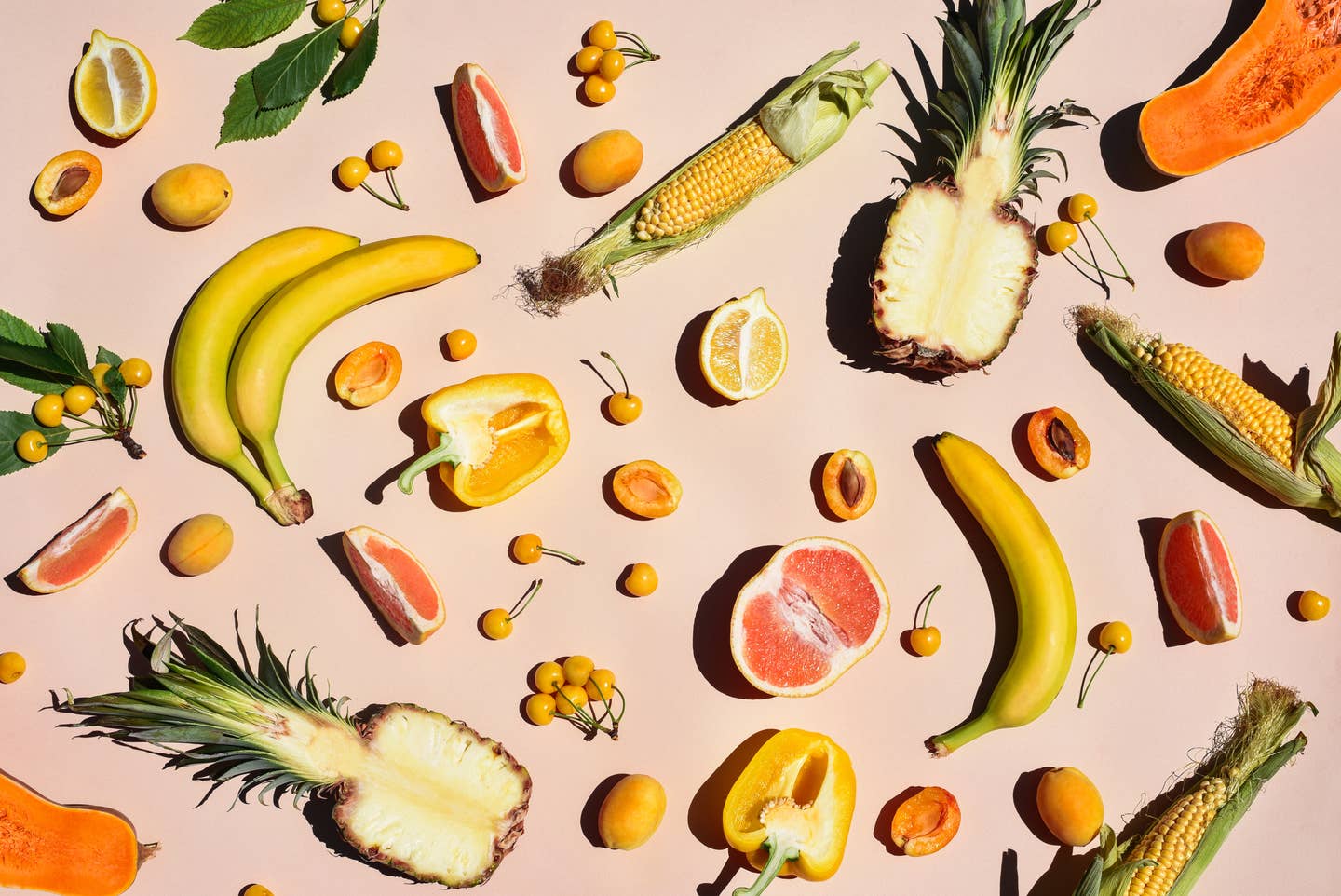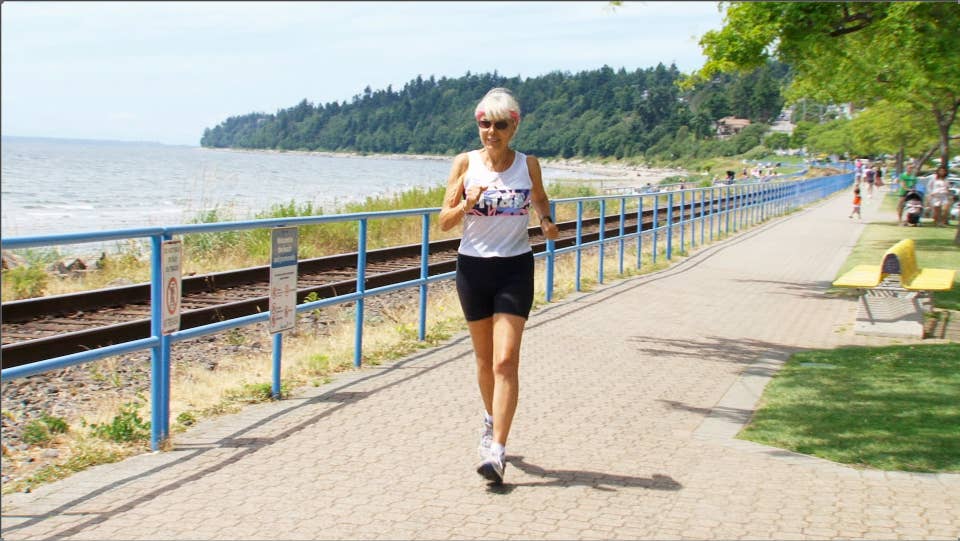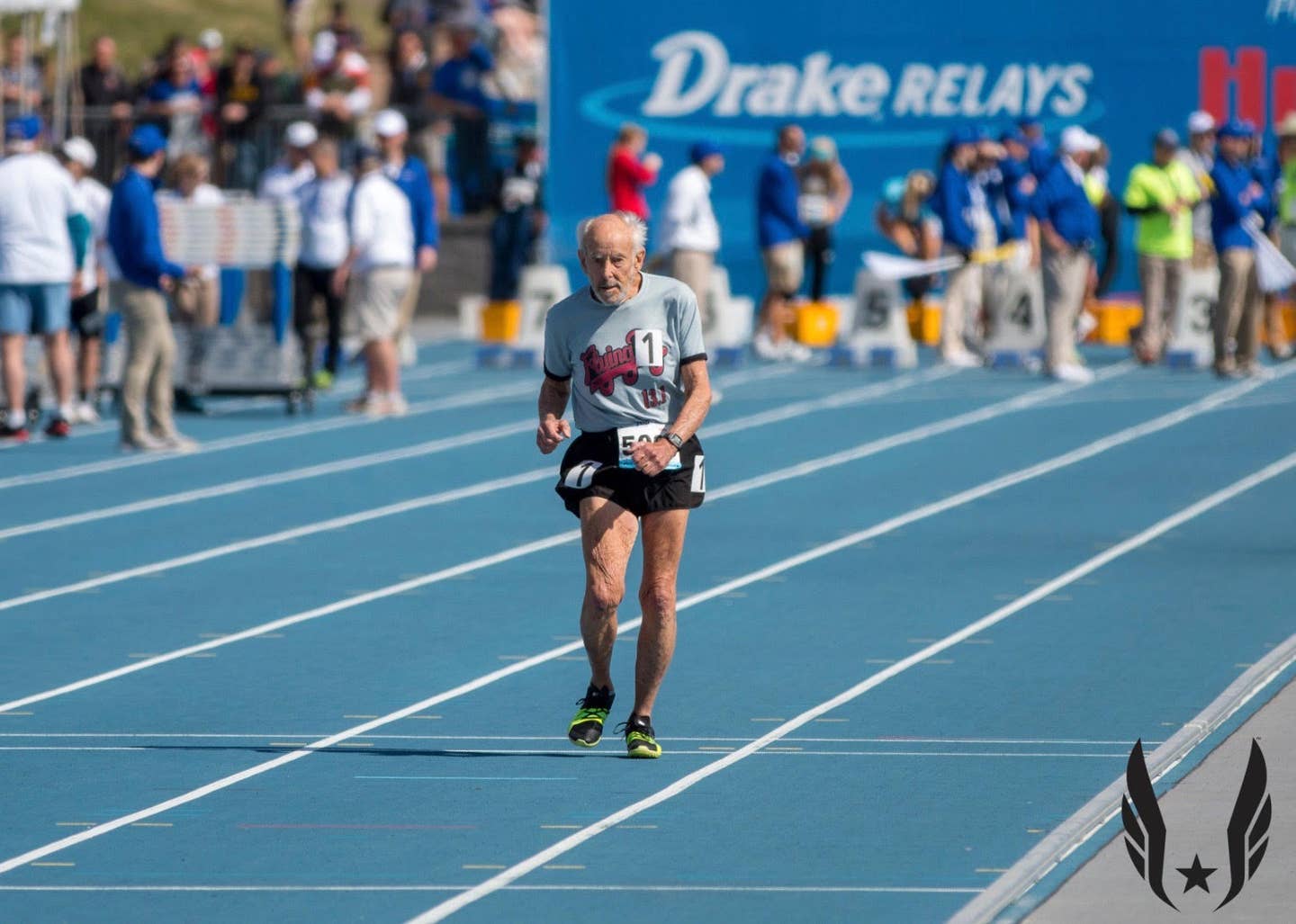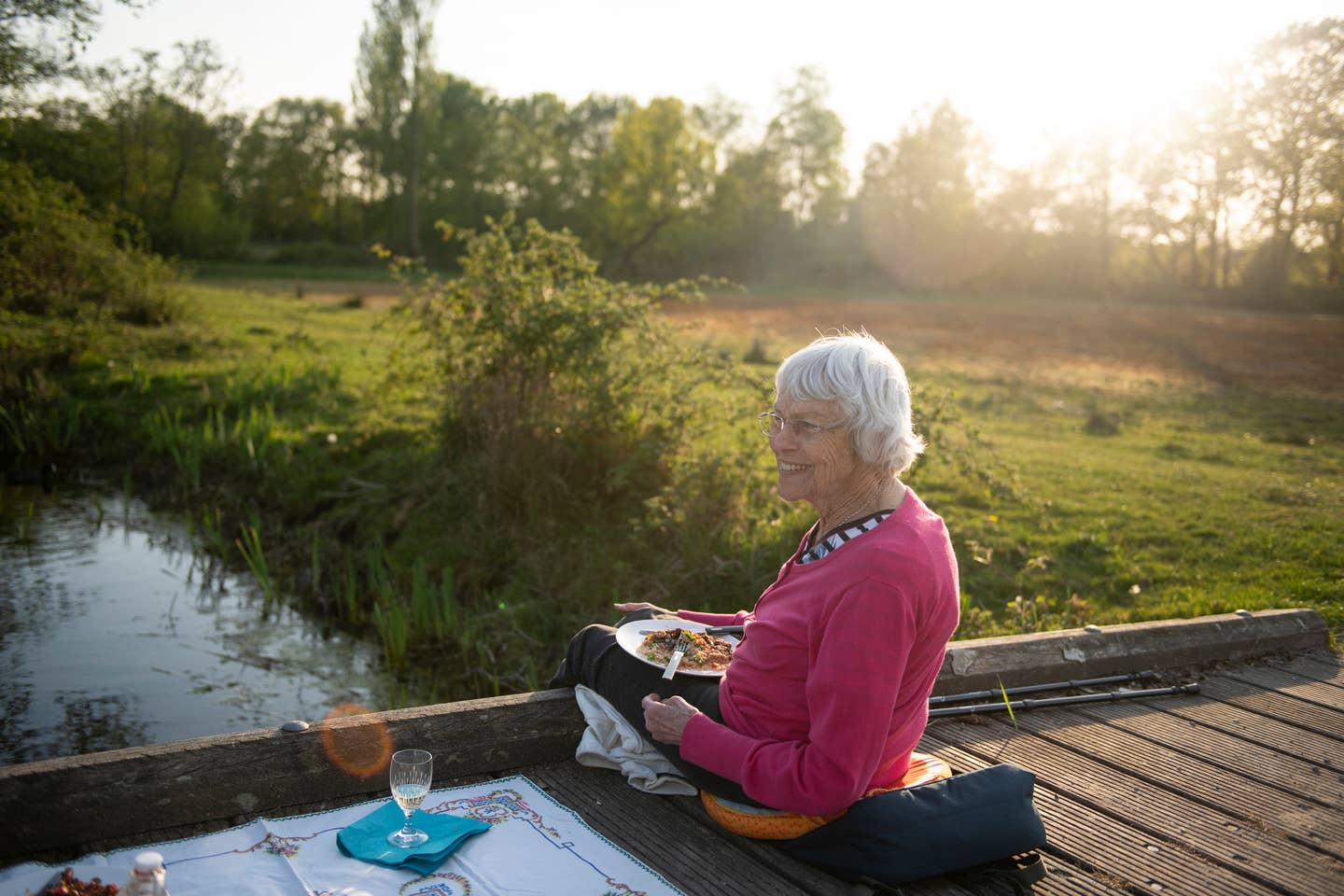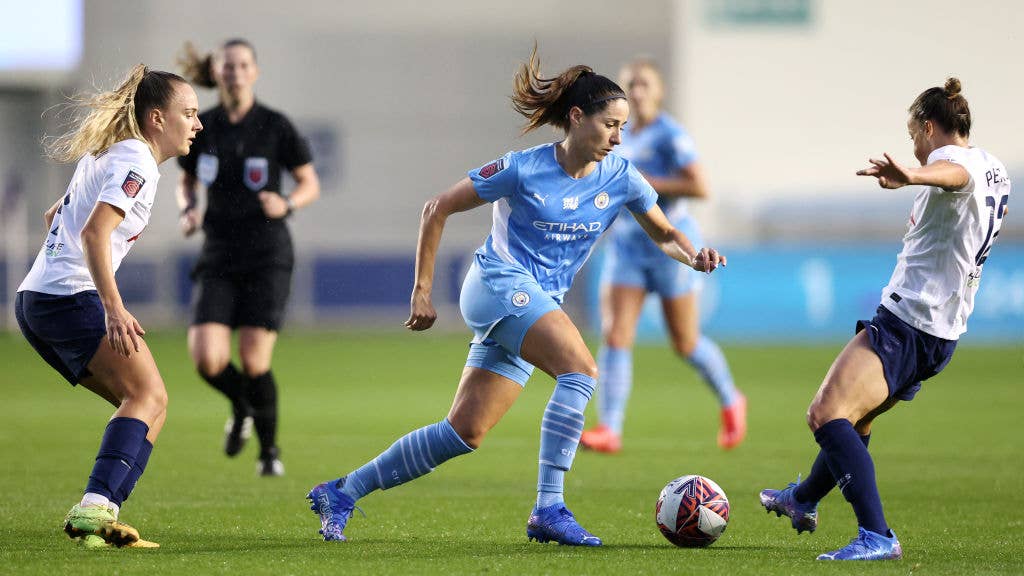
Switching to a Plant-Based Diet Helped Cure Her Life-Long Eating Disorder
As someone who has recovered from anorexia and bulimia, I am living proof that there is hope for recovery. I want to share this hope with you. Years of my life were spent in the vicious cycle of an eating disorder. At points, I would find some semblance of normalcy, but the eating disorder was always there, ever-present and controlling my every thought, not just about food but everything. It was a back and forth battle. I felt “too large” and simultaneously not enough.
My mental state was hardly unique. An estimated 9 percent of the population, or 29 million Americans, will have an eating disorder in their lifetime, according to data from the Association of Anorexia Nervosa and Associated Disorders, which also tracks the fact that 10,200 deaths each year in the US are the direct result of an eating disorder such as anorexia or bulimia.
My eating disorder first showed up when I was twelve years old and it spiraled into the dark state of full-blown anorexia. The battle that I waged through my high school and college years now seems terrifying to me, knowing how obsessed I was with my weight. I didn’t know what it meant to smile genuinely or even feel genuinely. I would look in the mirror and had no idea that I had essentially disappeared, or recognize who I had become, which was a stick figure. I was living as a complete prisoner to the eating disorder, and I was terrified.
According to the American Psychiatric Association, eating disorders are illnesses in which people experience severe disturbances in their eating behaviors and related thoughts and emotions. People with eating disorders typically become preoccupied with food and their body weight. An eating disorder takes over one’s thoughts, body, and life.
As someone who has recovered from anorexia and bulimia, I am here to tell others that there is hope for a full recovery. But something has to change, and for me, eventually, it was finding a plant-based approach to food.
At its height, my eating disorder controlled every aspect of my life. The intrusive thoughts of how I looked, or my size, or food (and staying away from all calories) were so loud that I could seldom focus on anything else. I was in a constant state of feeling cold, both physically and emotionally, and at the core of everything, I now recognize I was in terrible emotional pain.
In my late twenties, my battle with anorexia reached its most dangerous point. I could no longer even identify myself. The harm to my body led to many visits to the emergency room, for serious illnesses, such as pancreatitis, kidney stones, and also less serious digestive issues. I remember thinking to myself in the hospital, is this all there is for me? I was in such a frail condition it was a struggle just to get out of bed.
After countless hospital stays and doctor's appointments, I knew I had to make a change, yet had no idea where to begin. The one thing I did recognize was that, fundamentally, my relationship with food had to change, in order to begin the recovery process.
Putting one foot in front of the other, I began my journey toward healing. It was not a short one and took years and many incremental steps, but once I committed to a fully plant-based diet, I saw recoveries each and every day. Some people would say any kind of restriction or avoidance of major food groups is unhealthy, but for me the opposite was true: By choosing a plant-based diet free of all animal products, I began to allow myself to eat healthy calories, enjoy food, add weight to my skin and bones frame, and heal my body and my brain.
I had made the choice at around the age of twelve to be predominantly vegetarian but that was also around the time I entered my eating disorder. I now can see the irony that by being more strict and choosing to give up all animal products, also unlocked the healthy relationship with food that had eluded me for so long. By giving up dairy, I added more vegetables, fruit, whole grains, seeds, and nuts to my plate, and began to eat healthy amounts and sustain my energy. By adopting a fully plant-based diet, I finally was able to heal my body, my mind, and my relationship with food.
With the encouragement of my then-boyfriend, now-husband, who is also vegan, as well as a doctor, and a dietician for support, I began focusing on eating whole plant-based foods. This transition truly changed the way I thought about food. It felt more ethical to no longer consume dairy, and I felt a part of a change for the greater good.
Having been in the throes of an eating disorder for so long, it was difficult for me to even pinpoint the source of some of my overall pain: stomach pain, and emotional pain. That said, my newfound fully plant-based diet helped tremendously well to ease these pains.

- Courtesy of April Duckworth
I was told I could never conceive. My road to recovery was long, with a happy outcome
I stopped consuming dairy, which made a major difference in alleviating my stomach pain. I learned that dairy, despite being fermented, can cause more harm than good when it comes to gut health, according to research such as this article from The Center for Nutrition Studies titled, Gastroenterologist Busts Link Between Fermented Dairy and Gut Health.
I lessened my intake of processed foods and became more mindful of what I ate, but it was not at all the same as being eating disordered. I felt like I had the freedom to actually eat more, as my choices were bountiful and healthy. My thinking transitioned to what nutrients was I giving my body with a diet full of whole plant foods. It was empowering and invigorating, and continues to be. I am fueling my healthy body with healthy nutrients, no longer depriving myself or concerned with being thin.
I gradually started being able to digest raw vegetables and eat salads again. I allowed myself some time and grace to increase the amount of food I ate, but my mind felt so much more comfortable allowing me to do so–something that had been missing for me for years. I finally allowed myself to have peanut butter and other nut butters. I viewed this as energy, the energy I needed to give my best to my personal and professional life–to give my best to myself.
Flash forward to years later. After many years of reproductive problems and being told I could never have children, I am so happy to share that I was able to have a healthy pregnancy and give birth to a beautiful 18-month-old boy! I fully believe that a healthy, plant-based diet restored my health, allowed me to become pregnant, and continues to provide health benefits I never thought possible. I now write a weekly blog to share my story of recovery and healthy plant-based recipes that we enjoy as a family.
Thank you for taking the time to read a little about my journey to recovery. I hope it inspires and empowers you! I want to remind you that you are not ever alone in your journey to recovery. Please reach out to seek help. It is never too late to begin your life.
For more information about where to get help for an eating disorder, contact the National Eating Disorders Helpline. You are never alone.
April Duckworth writes a blog about plant-based nutrition, parenting, and teaches Plant-Based Nutrition and Food and Sustainability for The T. Colin Campbell Center for Nutrition Studies.
More From The Beet

